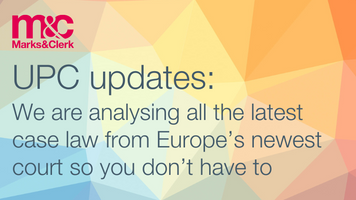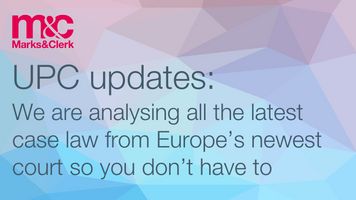A streamlined European patent validation service with transparent pricing
Start to finish through a single point of contact
What is the European Patent Convention (EPC)?
The EPC is a treaty that provides a unified patent system for its contracting states. It is distinct from the EU (although the two have overlapping membership) and it is operated by the European Patent Office (EPO).
What is European Patent Validation?
The European Patent process enables a patent to be obtained in up to 44 contracting states via a single patent application, saving both time and money. However, when a European Patent is granted by the EPO, it is not automatically effective in all states. Instead, the patent holder must “validate” the patent in each contracting state where they would like the patent to take effect.
What are the requirements?
To validate a European patent in a particular state, the patent holder must perform certain actions required by that state. This will generally involve paying an official fee and often some form of translation needs to be filed. Other formal documents or information may also need to be submitted. If the state has signed-up to the agreement governing unitary patents it is also possible to validate the European patent in that state by making use of the new unitary patent system.
What happens after validation?
Once the patent holder has completed the validation process in a particular state, the patent is considered to have the same legal effect as a national patent granted by that state.
How can Marks & Clerk help?
Because each contracting state has its own laws and requirements, the European patent validation process can be complex and costly. For this reason, 30 years ago, we decided to set-up a special EP Validation service to make life easier – and cheaper – for our clients. Following thousands of successful validations, we have now refined and enhanced our market-leading service in order to simplify the lives of European patent owners even further.








